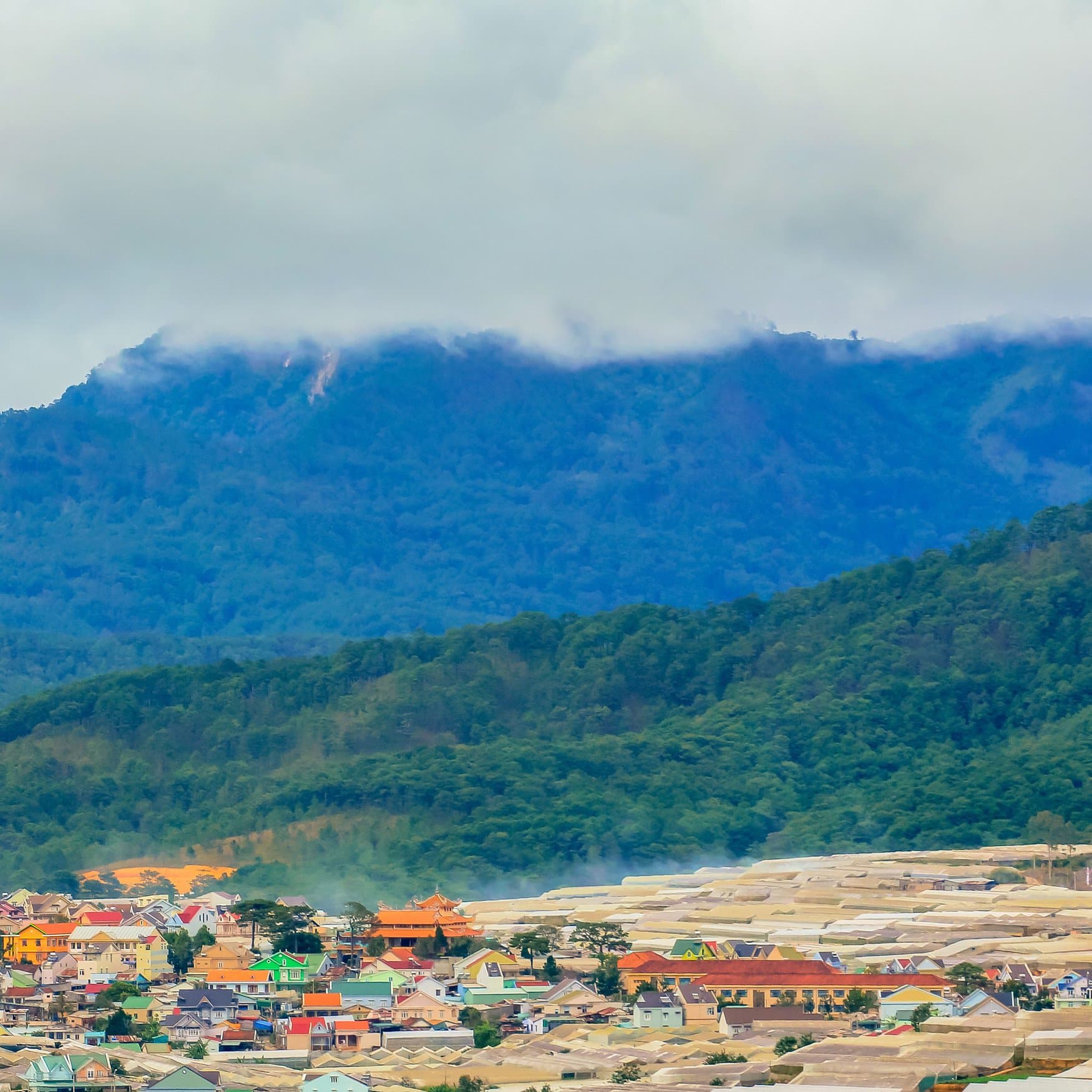Insect frass could be a viable fertilizer for microalgae protein production

A study led by the Marine Biotechnology research group at NORCE has introduced a groundbreaking approach to cultivating protein-rich microalgae. The research reveals that microalgae, fertilized with insect frass, exhibit growth and protein levels comparable to those using conventional fertilizers. This finding underscores a significant stride towards sustainable agricultural practices.
Pia Steinrücken and her team have been advancing the use of photosynthetic microalgae as an alternative source of protein, leveraging their high protein content and efficient production capabilities. The microalgae species Chlorella vulgaris, known for its robust amino acid profile, was at the forefront of this study. Unlike traditional crops, microalgae do not require arable land, and their cultivation uses minimal water, presenting an ecologically benign alternative to standard agricultural methods.

The frass used in the study, sourced from Larveriet in Voss where mealworm larvae are produced, represents a potent nutrient blend for microalgae cultivation. Steinrücken detailed the process whereby frass powder is mixed with water to release nutrients, followed by sterilization to prevent bacterial contamination, ensuring the microalgae’s growth in a controlled environment.
The study, published in Bioresource Technology Reports, demonstrated that microalgae cultivated with nutrients derived from insect frass maintained a high protein content, achieving 40% of the dry weight. This method not only promotes the efficient use of natural resources but also contributes to circular economic models by transforming agricultural and industrial waste into valuable inputs for new production cycles.

Despite these promising results, challenges persist in scaling up microalgae production for mainstream food and feed markets, due to high costs and limited large-scale cultivation technologies. Future research will focus on optimizing frass as a nutrient source in larger cultivation setups and evaluating its impact on sustainability and economic viability in microalgae production.
Steinrücken’s research is a testament to the potential of integrating different bio-based industries to foster resource efficiency and waste minimization, aligning with the principles of circular economics and industrial symbiosis. The continued exploration of such sustainable practices is crucial for developing new value chains and reducing the environmental footprint of protein production.



